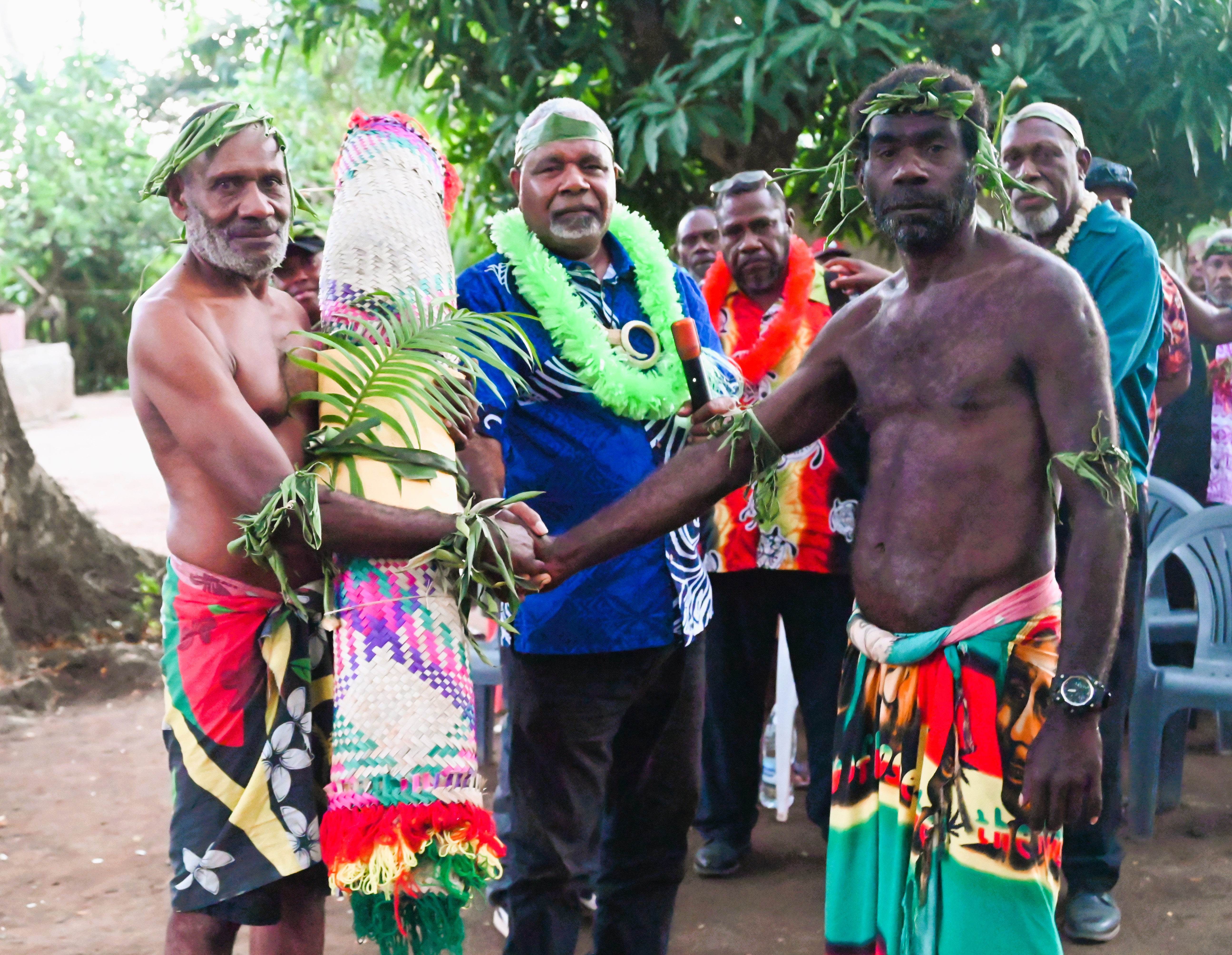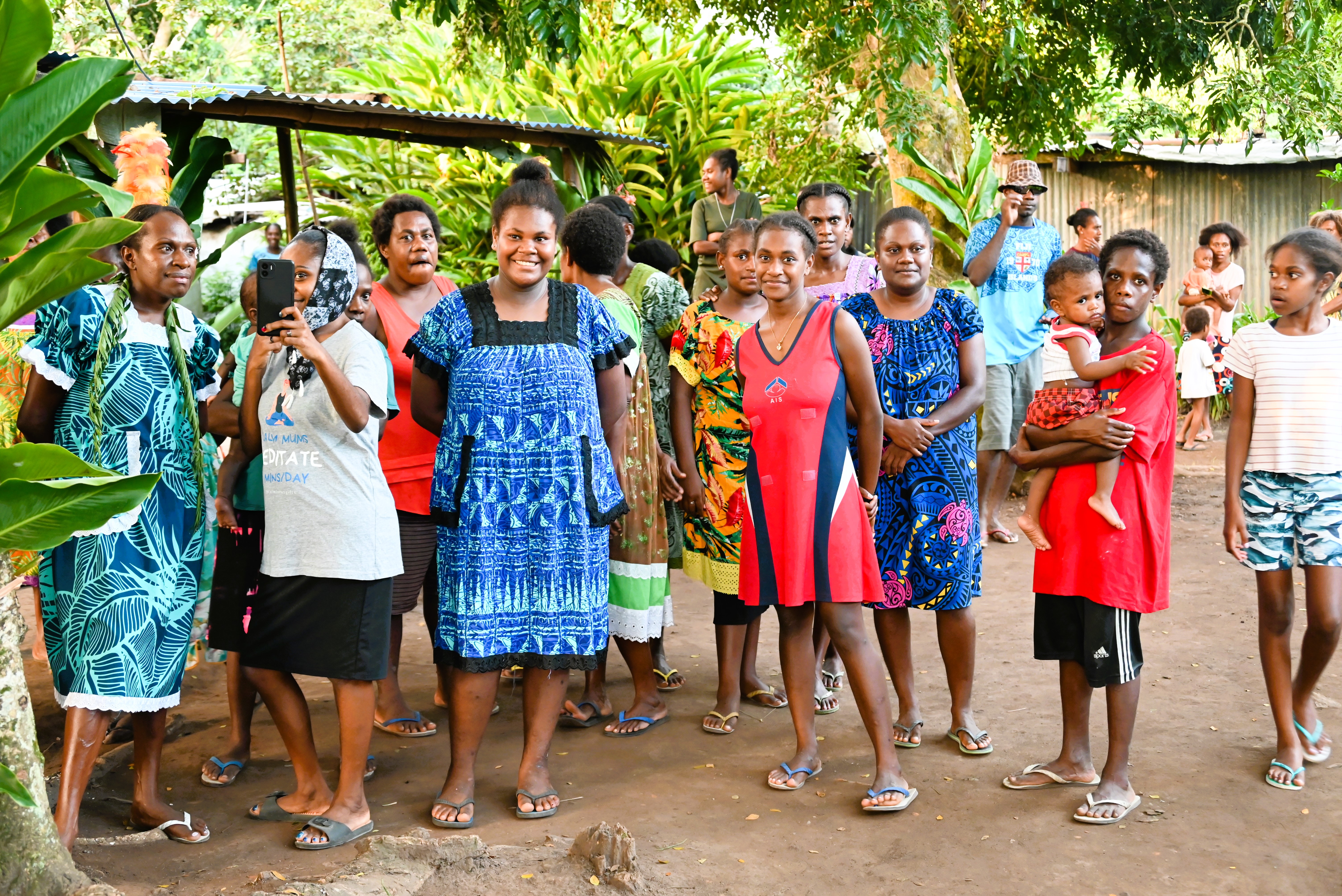
More than 300 residents of Salili, near the Sino-Van fish processing facility on Efate, have been ordered to vacate the area by June 2025, following a formal eviction notice.
Despite exploring various legal avenues to remain on the land—including court action—the residents have been unsuccessful and must now prepare to relocate. The homes in question are mostly semi-permanent or temporary structures built on land they’ve occupied for years.
On Wednesday, members of the Malvatumauri Council of Chiefs, led by President Chief Paul Robert Ravun, visited the community. The delegation was welcomed in a customary ceremony, including an exchange of gifts.
Salili residents, originally from six provinces across Vanuatu, acknowledged they were aware of the eviction deadline. However, they appealed to the chiefs to help raise their concerns, hoping to prevent similar evictions in the future across Efate and other islands.
They urged the Malvatumauri to seek a resolution rooted in custom and present it to the national government, citing long-standing traditions such as custom adoption, which have allowed harmonious relations between settlers and traditional landowners.
The community shared that the land was previously used by the Department of Livestock to graze cattle brought through Mele Bay. When the government ceased its operations there, residents say initial settlement began with the consent of landowners, eventually growing into the current community.

“We are children of chiefs,” said one community spokesperson. “In our custom, a chief does not send his son away from the Nakamal or Nasara. This is not the first eviction on Efate, but we hope it can be the last. That’s why we invited the chiefs—to help raise this with the Government. Our customs are still alive.”
They referenced past evictions in areas such as Snake Hill, Tagabe, Mele Road, and other locations now developed or commercially occupied, as well as evictions on other islands including Malekula, Santo, Epi, and Pentecost.
“While these actions may follow parliamentary law, they contradict our customs, which protect people through the role of the chiefs,” they added.
Chief Ravun acknowledged the residents’ concerns, emphasizing the importance of customary values and noting that Ni-Vanuatu leaders in government understand these traditions.
“You contribute to the nation’s economy,” he said. “You settled here through arrangements with landowners, and this issue must be taken to the Government. MPs must engage with their communities, not only during elections but also in difficult times.”

Residents reported that despite participating in elections—including recent snap polls—they have felt abandoned by their elected representatives.
The eviction notice gives them until June to leave the area. While some have secured alternative housing with extended family, many are still searching for a place to move.
Sino-Van has confirmed it holds the leasehold title to the land and intends to construct a cannery at the site, solidifying its long-term plans for industrial expansion in the area.
